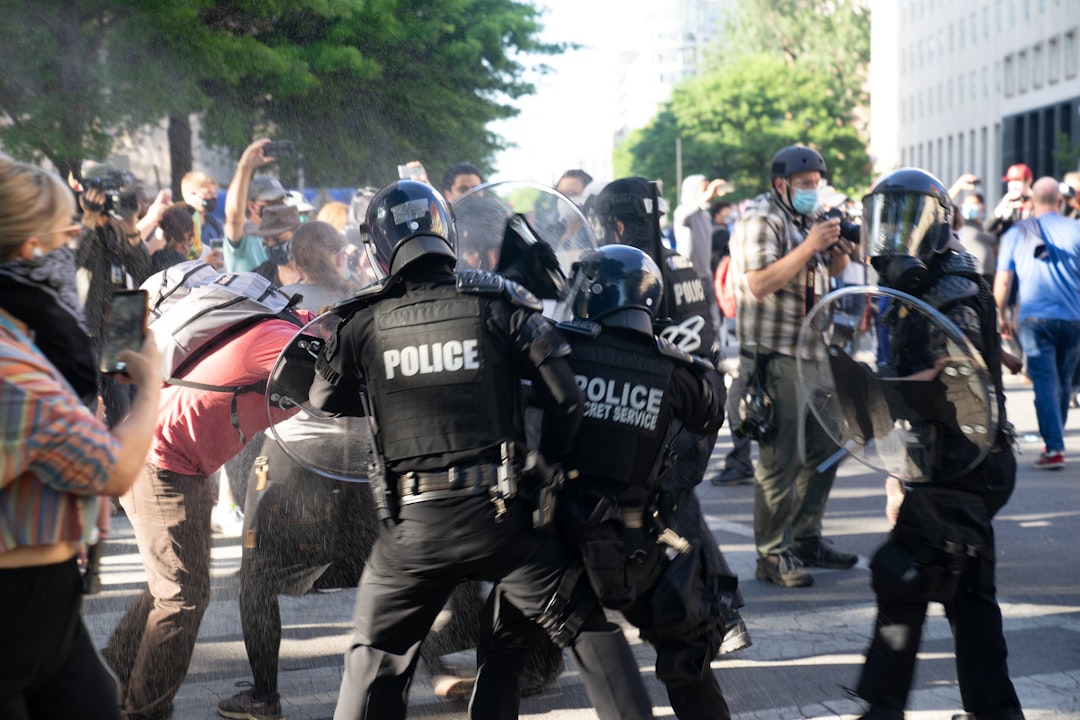
Framework
Most books, publications, podcasts, and content creators have a certain framework that they operate within. The framework is like the rules of the game; the basic truths that they assume. It is fine to disagree with the framework that is set by an author yet still enjoy the work. The important part is underst…
Keep reading with a 7-day free trial
Subscribe to Police Law Newsletter to keep reading this post and get 7 days of free access to the full post archives.


